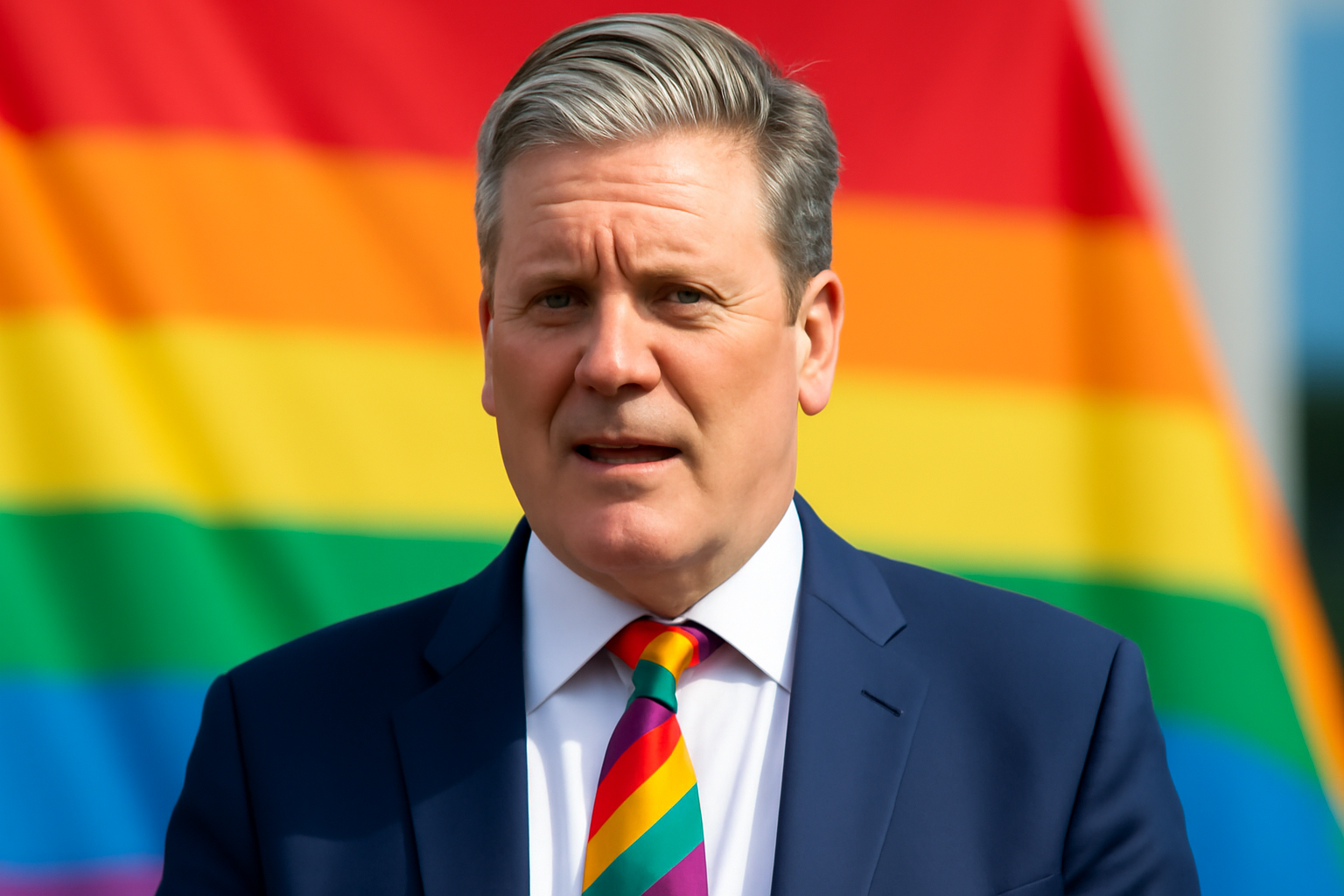
Keir Starmer Responds to Supreme Court Ruling on Transgender Rights
Updated April 22, 14:36. In recent developments regarding transgender rights in the UK, Prime Minister Keir Starmer has acknowledged the UK Supreme Court's decision on the definition of sex in the 2010 Equality Act. When asked by BBC News if he still considers transgender women as women, the Prime Minister's official spokesman replied, "No, the Supreme Court judgment has made it clear that when interpreting the Equality Act, a woman is a biological woman." This statement underscores the Supreme Court's ruling that the legal definition of a woman excludes transgender women.
Keir Starmer expressed his acceptance of the Supreme Court's judgment, which specified that the protected characteristic of "sex" within the Equality Act is defined by biological criteria. This decision was laid out in an 88-page judgment issued on April 16, where the court unanimously concluded that the terms "woman" and "sex" refer to biological women and biological sex. Lord Patrick Hodge, at the conclusion of this landmark case, emphasized this clarification.
Despite the ruling, trans people in the UK remain protected against discrimination under the law. The judges advised against interpreting the judgment as a victory for one societal group over another. However, the decision is anticipated to have a significant impact on the lives of transgender and non-binary individuals and on public sector policies concerning inclusion and single-sex spaces.
Following the ruling, changes have already begun to take place. The British Transport Police have implemented an interim policy allowing male officers to strip-search trans women suspects, and the Equality and Human Rights Commission has indicated that the NHS will need to adjust its policies on single-sex spaces to comply with the court's decision.
Public reactions to the ruling have been mixed, with demonstrations occurring in response to the decision. Nevertheless, Prime Minister Starmer stated he was "really pleased" with the judgment, as it provided "much-needed clarity" on the definition of sex. "I welcome the decision of the Supreme Court, which has given us much-needed clarity," he told the BBC. "I'm really pleased the court has clarified the position. We can move forward from here, and that's very helpful."
Starmer elaborated that "a woman is an adult female," and when asked by ITV West Country if he believed trans women were women, he responded, "I think the Supreme Court has answered that question. A woman is an adult female, the court has made that absolutely clear. It's important that we see the judgment for what it is: a welcome step forward. We need to move on and ensure all guidance is in the right place according to that judgment."
The Prime Minister's position on transgender issues has evolved over recent years. While in 2020, the Labour party had pledged to introduce self-identification for trans people, by 2023 the party's stance had shifted toward a version of Gender Recognition Act reform that retained the requirement for a medical diagnosis of gender dysphoria.
The political landscape regarding transgender rights continues to evolve, with equalities minister Bridget Phillipson recently advising transgender individuals to use facilities corresponding to their biological sex, following the Supreme Court's ruling. On the BBC's Today programme, Phillipson stated that single-sex provisions should be based on biological sex "across the board." She welcomed the "clarity" the judgment brought, having managed a women's refuge before her political career, and expressed relief that service providers could now operate single-sex spaces with confidence.
This marks a shift from her earlier stance in June, where she called for "common sense solutions" and practical approaches to the issue. The Supreme Court case was initially brought against the Scottish government by the gender-critical group For Women Scotland, supported by prominent figures such as author JK Rowling. The group challenged the notion of whether a person with a full Gender Recognition Certificate, recognizing their gender as female, was considered a "woman" under the Equality Act.
The Supreme Court's decision has stirred significant discussion and debate, with potential long-term implications for the interpretation and implementation of the Equality Act, as well as for the rights and recognition of transgender people within the UK.
Related Posts
Triumphant Trans Woman Wins Legal Battle and Inspires Others to Stand Up for Their Rights
Breaking new ground: a landmark victory in transgender rights After battling in courtrooms and enduring endless challenges, Diana Portillo, a transgender woman, has secured a monumental victory in her decade-long fight against workplace discrimination. The result? Nearly $1 million awarded in a historic settlement. But this isn't just a win on paper—it represents a powerful precedent in combati [...]
Pride Month in Latin America: Protests and Demands for Equality
**Celebrating Pride and advocating LGBTQ+ rights in Latin America** Pride Month in Latin America was a lively mix where celebration met activism. Communities united, not just throwing a party but making a stand—demanding equality and pushing governments toward better protection and rights recognition. Throughout Latin America, pride events erupted in marches and cultural displays, each with a c [...]
Transgender Erasure Actions Implemented by National Park Service
```html Trump administration's impact on national park service and transgender recognition The Trump administration made notable moves in undermining transgender representation, which included directing agencies like National Park Service not include "T" and "Q" when they refered “LGBTQ” in any official communication. This move seems part a broader plan by this administration aimed at reducin [...]